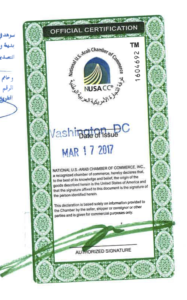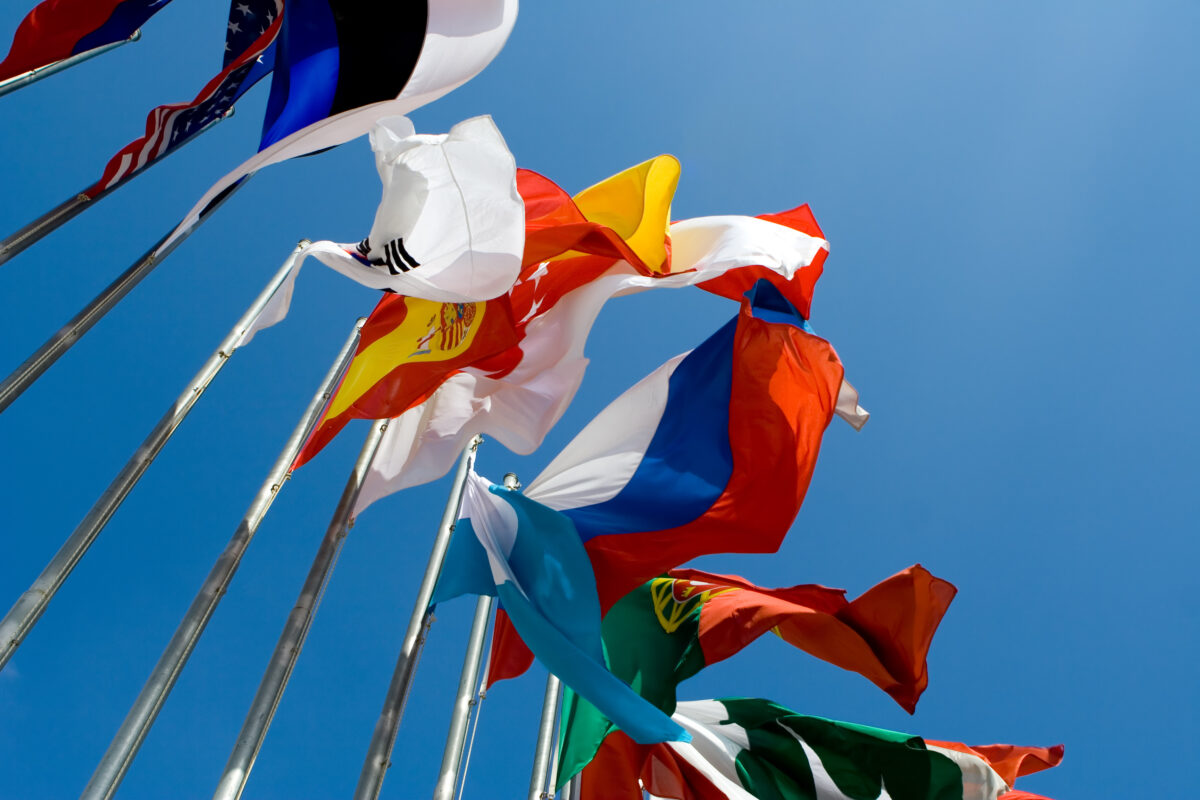What Do I Need to Teach Abroad?
Each country has its own requirements, but there are two main documents required for most teaching programs.
You will need:
- A copy of your FBI Criminal Background Check
- A copy of your MFA College Diploma + Transcript
After obtaining these documents, they must then be certified OR notarized* in the originating state.
Here’s where it gets a little tricky… if the country you are heading to is a signatory of the 1961 Hague Convention, then you need to get an Apostille.
If the country you are heading to is NOT a signatory of the 1961 Hague Convention, then your documents will need to go through Embassy Legalization–which is a more complex, lengthier process of certifying the authenticity of your educational documents.
What is an Apostille? What’s Embassy Legalization?
Essentially, both these items are forms of certification from the US government that informs the receiving international government the documents in question are valid and able to be used overseas.
Why do I need to get an Apostille for a criminal background check?
Especially in Asian countries, there has been an unfortunate rise of criminals and sexual predators who have entered the country with the intention of teaching English in their school systems. Because of this, there has been a need for increased security within the education realm, and ESL teaching applicants must now provide certification of their documents.
How do I get an Apostille for my diploma?
- Contact your school’s registrar for your school’s policy on notarizing a diploma. Oftentimes, you must request the registrar meet with yourself and a notary to notarize the signature on the diploma.
- After you have notarized your diploma, you can mail them into a trusted document authenticating company (WCS…duh!) and let us take care of the rest.
*If your document needs to be notarized, find a notary near you—oftentimes, your banking institution may provide you of this service, or you can find a list of local notaries by state HERE.
*Some countries require that notarized, government-issued document need to be authenticated further through a certification of validity from the Office of the Secretary of State.
REMEMBER: Your diploma MUST be notarized, signed by your Registrar, and Apostilled from the same State the school is located in.
If you’re teaching in Kuwait, Qatar, Saudi Arabia, prepare to be met with strict requirements on degree authentication. You will need to follow additional steps and provide supplemental documentation.
Teaching abroad is going to be an amazing experience. Don’t get bogged down by the complexities of document authentication, contact us and let us handle the grunt work for you.
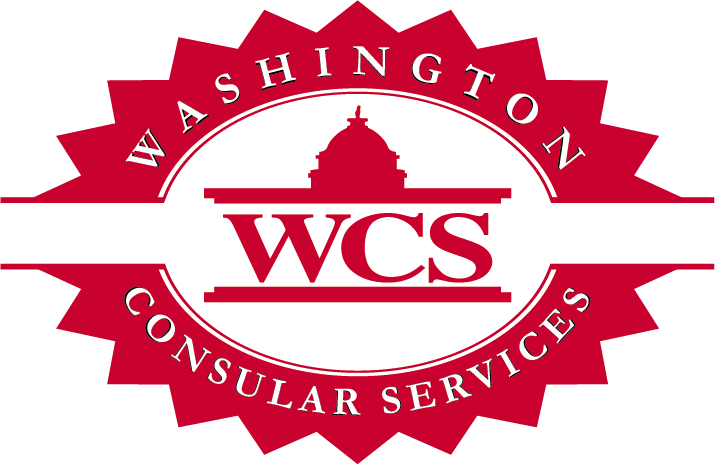
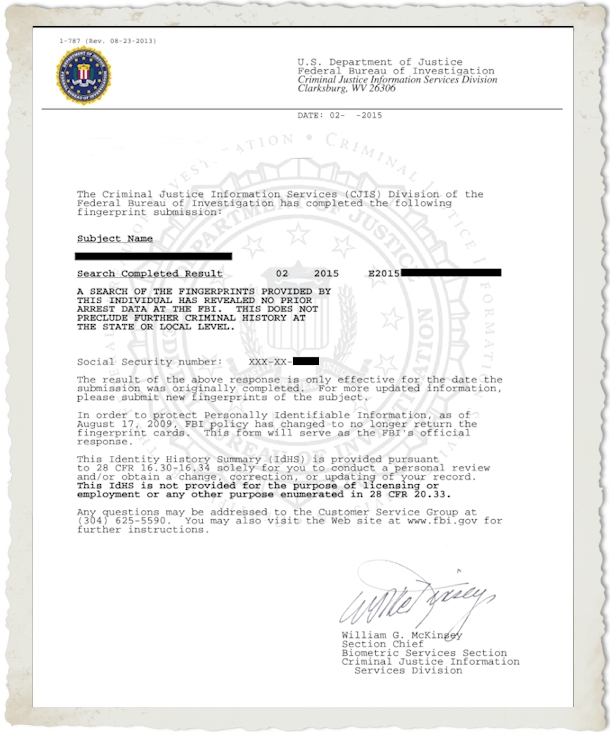
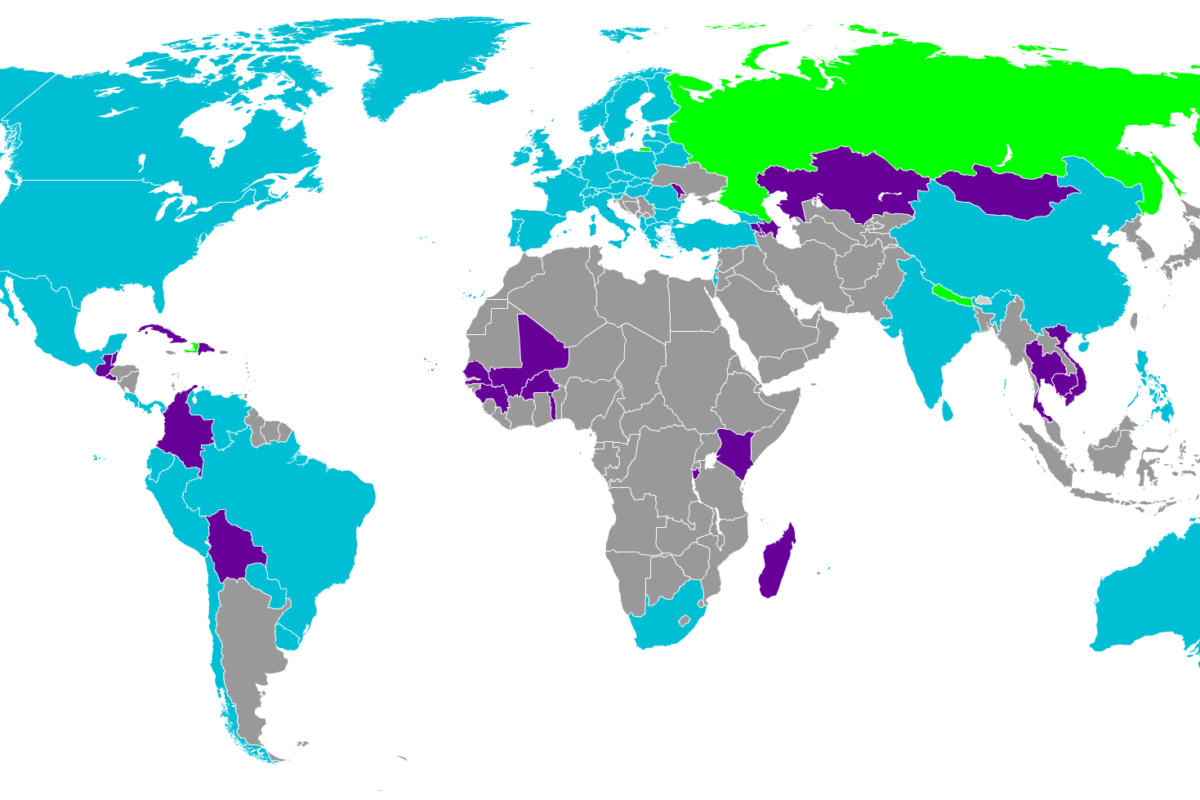
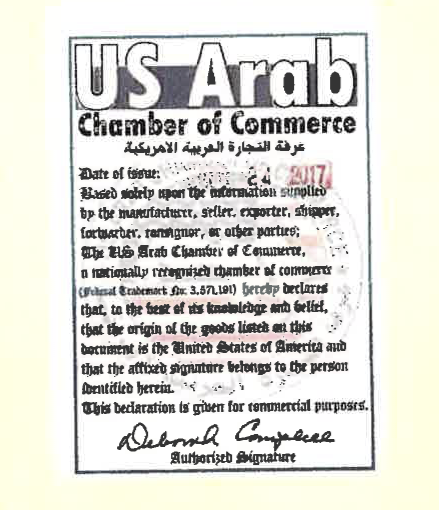
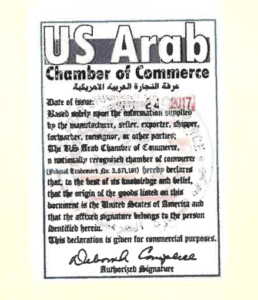 was more expensive than the US Arab Chamber of Commerce stamp that his current service provider used.
was more expensive than the US Arab Chamber of Commerce stamp that his current service provider used.